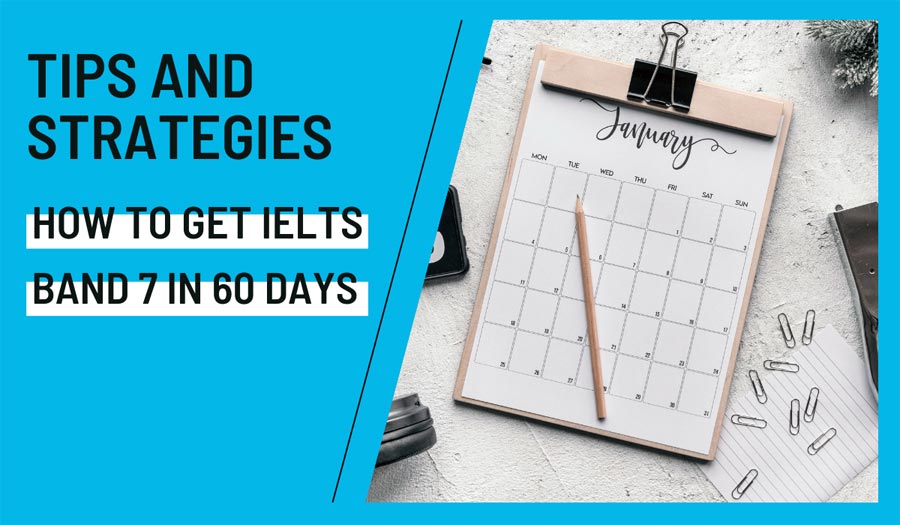STOP Doing This if You Want a Band 7 in IELTS Reading

Achieving a Band 7 or higher in the IELTS Reading test can be challenging, especially if you’re blindly relying on advice without knowing WHEN to use it. One common piece of advice that many test-takers follow is to underline keywords in the questions and scan the text for those exact words. If you’re aiming for a Band 7 or higher, you need to STOP following this advice. Here’s why.
IELTS Reading is More Than Just a Vocabulary Test
IELTS Reading is not just about recognising words; it’s about understanding how words and ideas are presented in different ways. The most challenging parts of the Reading test, such as Part 3 / Passage 3, often require a deeper level of comprehension.
The Problem with Keyword Scanning
When you’re tackling the harder texts, you might not find the exact keywords from the questions in the text. Instead, you’ll encounter synonyms. If you’re solely looking for exact keywords, you might miss the information entirely because those specific words just aren’t there.
For example, consider the question:
Question: Cheaper prices can be achieved with insurance salesmen through ____________.
If you were to scan the text for “cheaper prices” or “insurance salesmen,” you might not find those exact phrases. Instead, the text might say:
Text: “Most good brokers will be able to combine the various insurances that you feel your business needs. These will be tailored to businesses and will include things like monthly premiums. Don’t just buy the first one you find. Shop around and don’t be afraid to try negotiation with brokers – they want your business and will do you a deal that will save you money.”
In this case, “cheaper prices” is synonymous with “save you money,” and “insurance salesmen” are referred to as “brokers.”
Recognise Synonyms and Read in Detail
To succeed in the IELTS Reading test, you need to recognise the synonyms of the words from the questions and read the text in detail. This approach will help you find all the correct answers.
Key Strategies:
1. Identify the Right Paragraph: Look for the paragraph that is most likely to contain the answer.
2. Read in Detail: Once you find the right paragraph, read it carefully to understand the context and identify synonyms.
3. Be Aware of Synonyms: Understand that synonyms might be used in place of the exact keywords. For example, if the question mentions “cheaper prices,” the text might say “save you money.”
Example Analysis
Let’s break down the example provided earlier:
Question: Cheaper prices can be achieved with insurance salesmen through ____________.
Text: “Most good brokers will be able to combine the various insurances that you feel your business needs. These will be tailored to businesses and will include things like monthly premiums. Don’t just buy the first one you find. Shop around and don’t be afraid to try negotiation with brokers – they want your business and will do you a deal that will save you money.”
Analysis:
- Cheaper prices: Synonym is “save you money.”
- Insurance salesmen: Referred to as “brokers.”
- Achieved through: The action to be taken is “negotiation.”
So, the answer to the question would be “negotiation”.
To Sum Up
To achieve a Band 7 or higher in the IELTS Reading test, you need to move beyond scanning for keywords and focus on understanding the text in detail. Recognise synonyms and comprehend the context to find the correct answers. By refining your approach and enhancing your vocabulary skills, you can significantly improve your performance and reach your desired band score.

